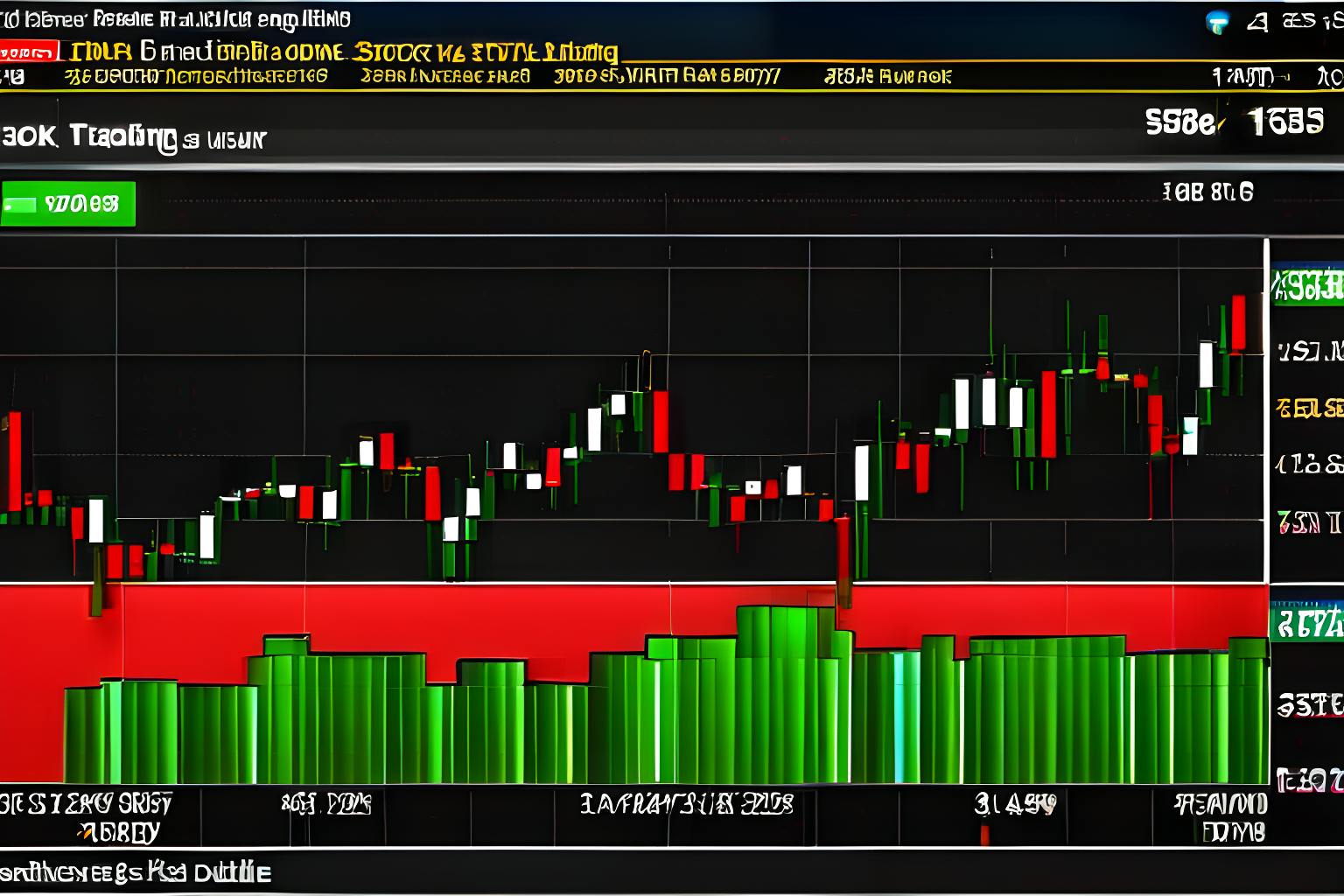SEC v. Ripple Court Filing, retrieved on July 13, 2023 is part of HackerNoon’s Legal PDF Series. You can jump to any part in this filing here. This part is 7 of 18.
DISCUSSION
I. Legal Standard
B. Section 5 Liability and the Howey Test
Under Section 5 of the Securities Act, it is “unlawful for any person, directly or indirectly, . . . to offer to sell, offer to buy or purchase[,] or sell” a “security” unless a registration statement is in effect or has been filed with the SEC as to the offer and sale of such security to the public. 15 U.S.C. §§ 77e(a), (c), (e). To prove a violation of Section 5, the SEC must show: (1) that no registration statement was filed or in effect as to the transaction, and (2) that the defendant directly or indirectly offered to sell or sold the securities (3) through interstate commerce. See SEC v. Cavanagh, 445 F.3d 105, 111 n.13 (2d Cir. 2006).
Defendants do not dispute that they offered to sell and sold XRP through interstate commerce. See, e.g., Defs. 56.1 Resp. ¶¶ 647, 716, 868, 870. They also do not dispute that they did not file a registration statement with the SEC for any offer or sale of XRP. Id. ¶ 928. The question before the Court is whether Defendants offered to sell or sold XRP as a security. Specifically, the SEC alleges that Defendants sold XRP as an “investment contract,” which is a type of security as defined by the Securities Act, 15 U.S.C. § 77b(a)(1). See, e.g., SEC Mem. at 2, 5, 49, ECF No. 837; Am. Compl. ¶¶ 3, 9, 60. Defendants argue that they did not sell XRP as an investment contract, and, therefore, no registration statement was required. See, e.g., Defs. Mem. at 3, 36, ECF No. 825; Defs. 56.1 Resp. ¶ 928.
In SEC v. W.J. Howey Co., the Supreme Court held that under the Securities Act, an investment contract is “a contract, transaction[,] or scheme whereby a person [(1)] invests his money [(2)] in a common enterprise and [(3)] is led to expect profits solely from the efforts of the promoter or a third party.” 328 U.S. at 298–99; see also SEC v. Edwards, 540 U.S. 389, 393 (2004). In analyzing whether a contract, transaction, or scheme is an investment contract, “form should be disregarded for substance and the emphasis should be on economic reality” and the “totality of circumstances.” Tcherepnin v. Knight, 389 U.S. 332, 336 (1967); Glen-Arden Commodities, Inc. v. Constantino, 493 F.2d 1027, 1034 (2d Cir. 1974).
Continue Reading here.
About HackerNoon Legal PDF Series: We bring you the most important technical and insightful public domain court case filings.
This court case 1:20-cv-10832-AT-SN retrieved on September 7, 2023, from dropbox is part of the public domain. The court-created documents are works of the federal government, and under copyright law, are automatically placed in the public domain and may be shared without legal restriction.

